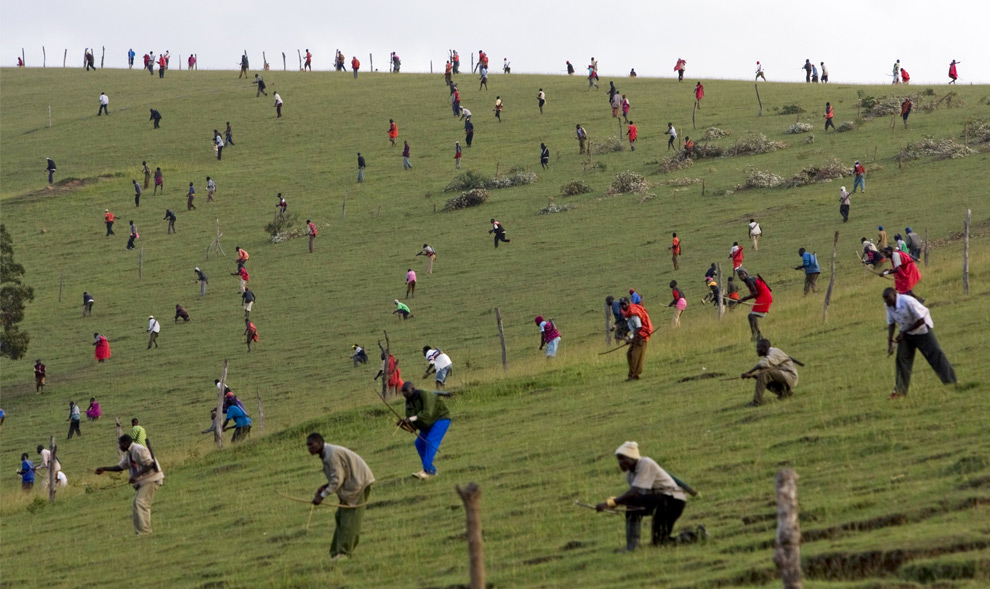I interviewed Wright about this book in the spring, and it continues to inform my thinking. I’m not always a fan of Wright’s popularizations of his academic work (this one is a reiteration of the doorstop The Resurrection of the Son of God), but in calling Christians to an epistemology of love and a re-emphasis of the Easter season, Wright knocked it out of the park.
Crouch’s book is not only the best book on Christian culture I’ve ever seen, it’s one of the clearest explanations I’ve been given of the concept of “culture.” Immensely helpful, and a book Christian leaders will be talking about for years to come. Here is my interview with Crouch.
Jacobs, a professor at Wheaton, has made a year-end list or two already for his Looking Before and After. But I’ve not read that one, and, well, I’m a sucker for serious thinking on sin. This one follows the history of thinking about original sin from Augustine to “Hellboy,” basically, and rewards the curious reader with unique knowledge (of good and evil) on every page.
I swear I’m not including this one just because McKnight kindly joined Beliefnet’s blogging team this year. The Blue Parakeet is a page-turning trainer on how to read the Bible in a modern context. For centuries, Christianity has been marked by one major question: Given what we know now (about history, science, sexuality, you name it), how should we read the Bible? McKnight’s book goes a long way toward helping everyday readers form an answer.
Jenkins writes with Balzacian regularity, and it’s a wonder that so many of his books are so good. Here, he continues his project of creating a paradigm shift for those who imagine that Christianity essentially is, was, and will be a Western religion. My interview with Jenkins is here.

